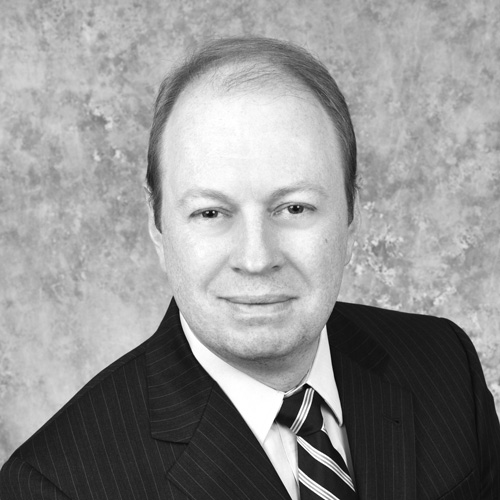Martin Wilson never intended to work in healthcare. After he graduated from the Villanova School of Law in 2001, he was supposed to work for the New Jersey State Attorney General’s office in the Security and Exchange Commission division. But after the 9/11 attacks, a budget freeze ensued and that job was put on hold. So, he took a temporary position in the licensing department at the firm Schering-Plough. Within a year, he was recruited to become the second in-house lawyer at Par Pharmaceutical, a company that develops, manufactures, and markets generic pharmaceutical products. Today, Wilson has been with the Chestnut Ridge, New York-based company for more than a decade and is now the VP and assistant general counsel, generics.
That career pivot turned out to be the right path for Wilson. “Because of my unique entry point as just the second in-house counsel, I was exposed to a lot of different things,” he says. “I got to be pretty well-versed in the business of pharmaceuticals.” Although his focus remains on commercial matters, he is also involved in regulatory affairs, sales and marketing, government contracting, and some employment-related issues. “I am kind of all over the place,” he admits.
That’s exactly the point of having in-house counsel, he says. “The value there is in having an expert in your business, someone who understands business goals and what makes the company successful,” Wilson says. “You can always find external subject matter experts, and we work a lot with outside attorneys, but in-house, you need someone to effectively communicate that information in the context of the business to management so you have smart decision making.” That’s how he helped set the department up in the early 2000s, and he feels it gives Par a competitive advantage. “Let’s face it: attorneys are overhead,” Wilson says. “If you can do more than just protect losses and actually add value, that makes the department more of a value-driver than a cost center. That value comes from being more interactive with the business side.”
As a leader, Wilson does two essential things. He gives people freedom to operate and gives them credit for a job well done. He allows his staff members to apply themselves—and earn recognition—while he tries to offer the right amount of guidance for each person. “As a manager, you try to hire the best people you can, people you don’t need to micromanage,” Wilson says. “It is also important to know when a decision is bigger than one person and could be in the New York Times tomorrow.” That knowledge comes more from educating and communicating with his staff than in hands-on management and direct oversight of individual matters. “If you help the people below you learn to make good decisions independently and succeed on their own, that ultimately reflects well on you,” he says.
“You can always find external subject matter experts, but in-house you need someone to effectively communicate that information in the context of the business so that you have smart decision making.”
Wilson is currently devoting much of his time to integrating a recent merger with the global pharmaceutical giant Endo Pharmaceuticals. Endo purchased Par in September 2015 and merged it with Endo’s existing generics unit, Qualitest. The merger makes Endo’s generics business a top-five industry leader. Getting the two companies to work as one takes up a large portion of Wilson’s day. The experience his team had integrating Qualitest into Par has been invaluable, he says. Still, the work is challenging. “We want to make sure we know where the pressure points are, what a certain action will mean on various fronts, how to best apply resources, and when to leave things alone,” he says.
The goal for Wilson and his team is in making transitions as efficiently as possible to minimize job loss while maximizing profit. “We believe that operations drive the company,” he says. “The stronger we can make operations, the more focused we can make it. That’s where you drive value. And to do that, you need good people.”
Healthcare is a challenging business right now, especially in light of the general election this past year. “It’s a shifting landscape, and it is so intertwined with politics,” Wilson says. “You’re always trying to figure out which way the wind is going to blow. With each product, you’re always looking down the road in terms of what the pricing will look like, what the reimbursement and insurance landscape will look like.”
Given that scenario, Wilson believes his department’s mission is to provide the business with practical solutions to help accomplish goals while minimizing risk. Given that mission, he remembers advice he once received from a former boss. “He told me that the safest thing is to do nothing, but that doesn’t help anyone, patients or shareholders,” Wilson recalls. “We are always weighing risks versus rewards in each decision. Ultimately, it’s risk management.”
Wilson now offers his own advice to those entering the workforce: say yes. He wasn’t an expert on the pharmaceutical business at first, but when asked to take on new roles and assignments, he always agreed. “In terms of career growth and getting involved in lots of different branches, I believe you should take on the challenge and try your best to meet it,” Wilson says. “Say yes. You don’t know if the opportunity will come around again.”


